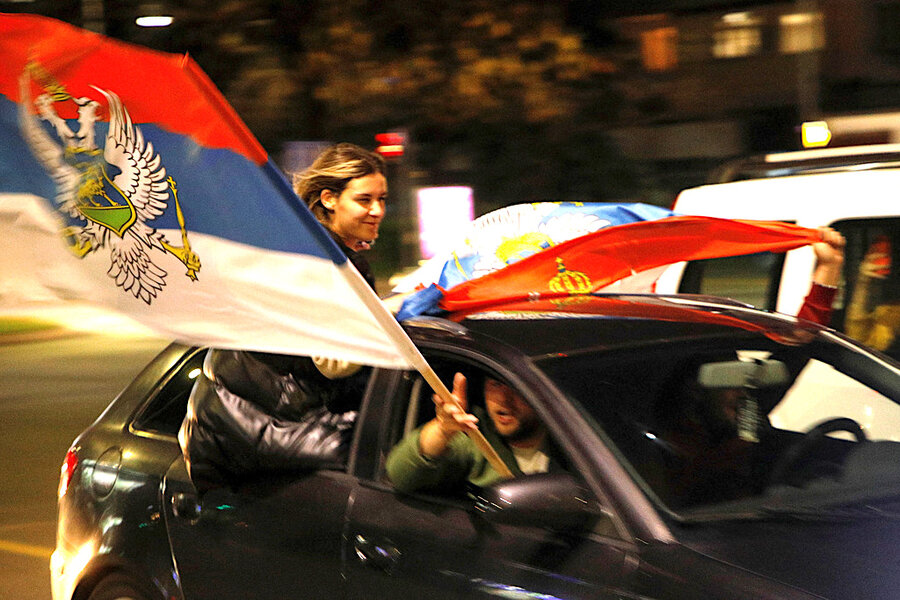Europe’s little platoons for change
Loading...
Long a cauldron of change for the world, Europe is at it again. Russia’s war in Ukraine has brought once-neutral Finland into NATO (with Sweden not far behind). It pushed a pacifist Germany into sending battle tanks into the war. It lit a fire under the European Union to help countries on its periphery. And it catapulted a former TV comic, Ukrainian President Volodymyr Zelenskyy, into global hero status for democratic values and sovereign security.
“The Europe of the last three decades ended on February 24, 2022, with Russia’s full-scale invasion of Ukraine,” wrote American scholars Jeffrey Gedmin and William Kristol in American Purpose.
And those changes are only the biggest. Less noticed are shifts among voters in smaller countries to embrace European values, especially clean governance and rule of law. A January poll by Eurobarometer showed a high of 72% of citizens living in the EU said that their country’s membership in the bloc is beneficial. Within a week after Russia’s invasion, Ukraine applied for EU membership.
The latest example of these continental shifts comes from Montenegro, a small mountainous nation with tourist beaches on the Adriatic Sea that gained independence only 17 years ago from the remnants of the former Yugoslavia.
An election for president on April 2 saw voters boot out incumbent Milo Đukanović, a longtime politician who was overshadowed by allegations of widespread corruption. The winner by a large margin was an Oxford-educated economist, Jakov Milatović, a founder of a new movement, Europe Now. His top priorities are reconciliation among Montenegro’s main groups – Serbs, Bosniaks, and Muslims – and quick entry into the EU club. The country already gained NATO membership in 2017 – despite hardball meddling by Russia.
In a post-election interview with broadcaster RTCG, Mr. Milatović asked his political rivals to share a common goal: “that Montenegro be a reconciled country and that all citizens have the same chance of success in life, and that the only thing that matters for that is education, work and effort.”
Those sort of universal ideals, embedded in the EU, have helped much of Europe curb the worst of its ethnic nationalism. The original idea of the EU, writes Robert Kaplan in Foreign Policy, is “emphasizing the sanctity of the individual over that of the group and of legal states rather than of ethnic nations; in other words, the constitutional safeguarding of individual rights in a cosmopolitan universe.”
Russia’s war – the largest land war in Europe since 1945 – has challenged that progress. Yet now, in voting booths and in the battlefield trenches of the Ukrainian army, countries large and small are rallying anew to Europe’s values.







